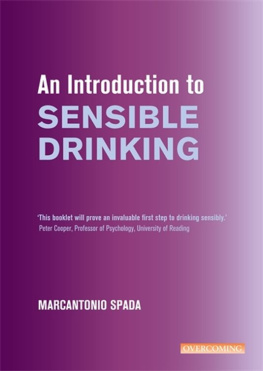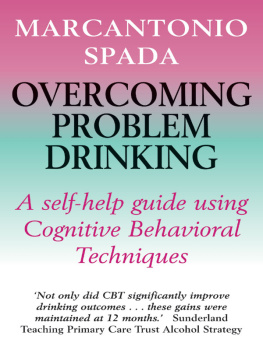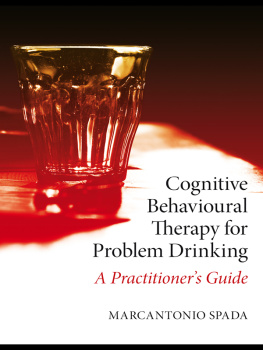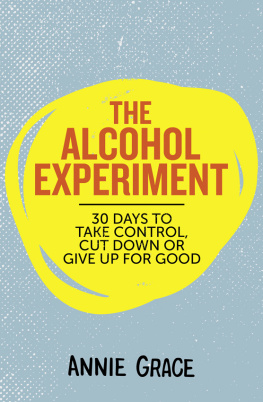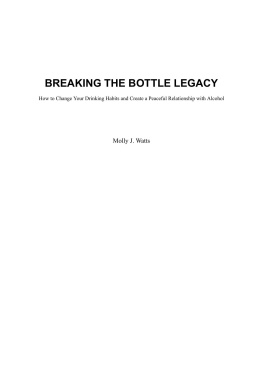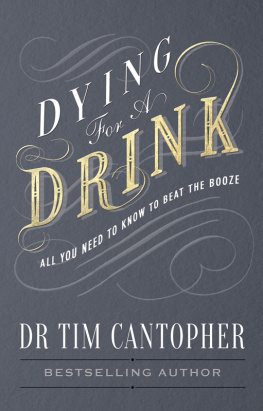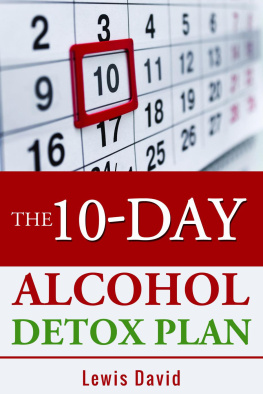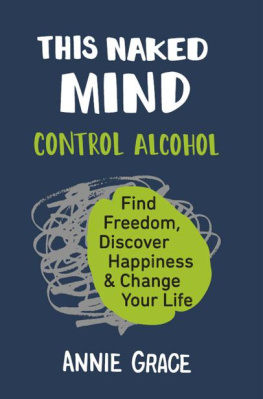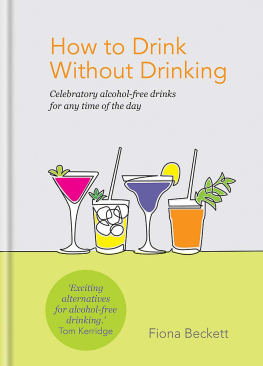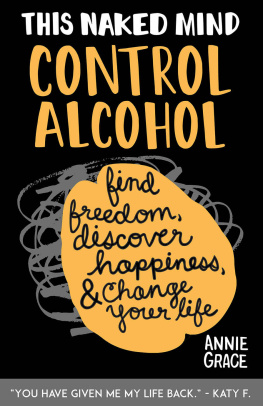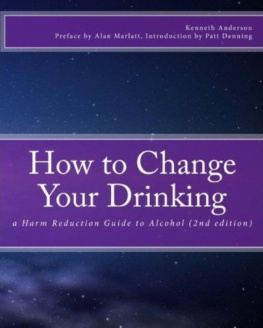People drink for a range of reasons, and in varying amounts, but primarily because they like the taste and the effects of alcohol and because drinking is a social activity. Throughout the UK almost every person has access to a local pub or bar and 90 per cent of adults drink alcohol on a regular basis. For most adults then, drinking is a well established and acceptable part of their life. Indeed drinking a small amount of alcohol does no harm and can be enjoyable.
The straight answer to this question is: Because we have learned to do so. Chances are that you learned to drink as part of growing up in a particular culture in which the social influences of family members, friends, partners and the media shaped your behaviour and beliefs relating to alcohol. For example, you may have watched your parents reaching for a drink to relax in the evening or to give them confidence to socialize at a party. When socializing with friends you may have felt left out if you didnt have a drink and when watching TV you may have come across stories that make it seem as if drinking can help sexual prowess and make someone seem more powerful or cool.
Another reason we drink is because of our biological makeup: were wired to engage in behaviours that gratify us, and drinking alcohol does just that. The reward we get from alcohol is actually twofold. Firstly, it can help us relax and make us feel less inhibited and secondly it can numb negative emotions like anxiety and low mood.
Evelyns story
Evelyn is a 28-year-old lawyer. She is energetic and ambitious and often works a 40 to 50 hour week. Recently, work pressures have been mounting and shes noticed that her drinking has increased. She now finds it difficult to unwind and socialize without having a drink. She has also noticed that her mood is getting worse and she doesnt sleep as well as she used to. Shes beginning to wonder whether it is time to consider changing her drinking habits before they get out of hand.
When we start drinking in an unwise way we open ourselves to a variety of potential problems . Firstly, though alcohol will make us feel more relaxed and less inhibited in the short-term it will actually trigger anxiety and low mood in the medium to long-term. Secondly, because alcohol is a powerful drug, even in moderate quantities it will cause a degree of physical and psychological dependence (a state in which the use of alcohol becomes necessary for your physical and psychological well-being). Thirdly, it can put our lives at risk in two ways:
Accidents Alcohol impairs our ability to concentrate and also to judge speed. It slows down reaction times and blurs vision, and makes us less able to control our movements. No wonder it is linked to 35,000 deaths per year, which is almost 1520 times more deaths than are caused by the misuse of all illegal drugs combined. Causes of death include car accidents, drowning, falls, fires, hypothermia and poisoning.
Medical problems If even moderately unwise drinking habits go on long enough, our bodies will start to experience medical problems. These may take from days to decades to develop. You may recognize some of the short-term effects such as anaemia, diarrhoea, dry skin, upset stomach and pins and needles. Long-term effects include acid reflux, cancer, cirrhosis, cognitive impairment (problems with attention, learning, thinking and memory), foetal alcohol syndrome in pregnant women, gastritis, hepatitis, impotence in men, pancreatitis and ulcers.
2 Understanding What is Sensible Drinking
In the UK, the Department of Health recommends that sensible drinking limits are no more than 3 units a day for a healthy adult man and 2 units a day for a healthy adult woman. This adds up to a maximum of 21 units per week for a healthy adult man and 14 for a healthy adult woman. However, it is not a good idea to consistently drink 3 or more units a day, and if you drink regularly, you should try to have at least two alcohol-free days a week.
It is thought that drinking 1 or 2 units of alcohol a day may help to prevent coronary heart disease for men over 40 and women who have been through the menopause (but it is possible that this may cause other bad side-effects for some people in these two groups). If youre pregnant or trying to become pregnant, you shouldnt drink more than 1 or 2 units of alcohol, once or twice a week, although some medical professionals believe it is best not to drink at all.
There are some situations when it is advisable not to drink at all:
If youre taking certain medications, because the effects of alcohol can be very dangerous if mixed with these. Check with your GP.
If your GP advises you not to drink at all.
Before you plan to drive or when you are driving.
Before or when youre operating electrical or mechanical equipment or machinery.
When youre at work.
Before or during swimming or other active sports.
What is a Unit of Alcohol?
Different types of drinks contain different strengths of alcohol, so some will have more units than others. You can work out the amount of alcohol in any drink if you know the quantity of liquid and the percentage of alcohol it contains . A guide to the number of units contained in some popular drinks is below.
| TYPE OF DRINK | QUANTITY | NUMBER OF UNITS |
| Normal strength lager/bitter/cider (Boddingtons, Carling, Harp) | Can, pint or 33cl50cl bottle | 2 |
Strong lager/bitter/cider
(Corona, Kronenberg, Red Stripe, Stella) | Can, pint or 33cl50cl bottle | 3 |
Normal strength cider
(Strongbow, Woodpecker) | 1 litre bottle | 45 |
| Strong cider (White Lightening) | l litre bottle | 8 |
Alcopop
(Bacardi Breezer, Smirnoff Ice, WKD) | 33cl bottle | 2 |
Sherry
(Harveys Bristol Cream, QC) | 75cl bottle | 26 |
| Port | 75cl bottle | 15 |
| Wine | 75cl bottle | 79 |
| Wine | 250ml large pub glass | 3 |
| Wine | 175ml regular pub glass | 2 |
| Brandy, gin, whiskey, vodka | Single pub measure | 1 |
| Brandy, gin, whiskey, vodka | Standard size bottle | 2628 |
| Brandy, gin, whiskey, vodka | 1 litre bottle | 40 |
3 Knowing about Your Drinking Habits

